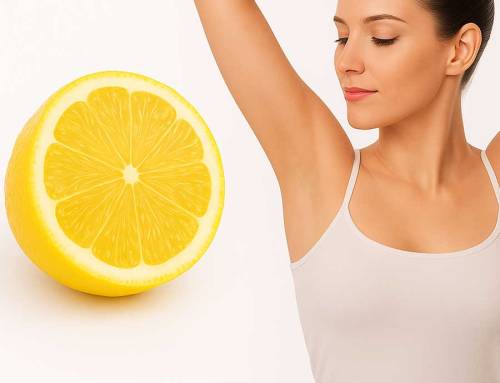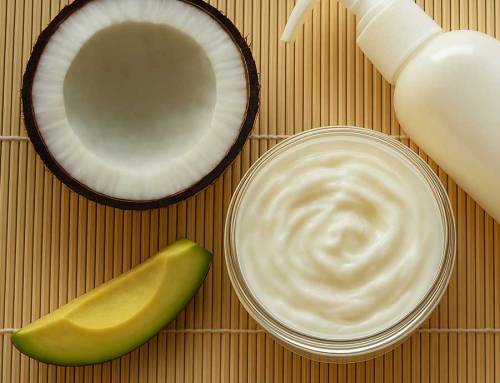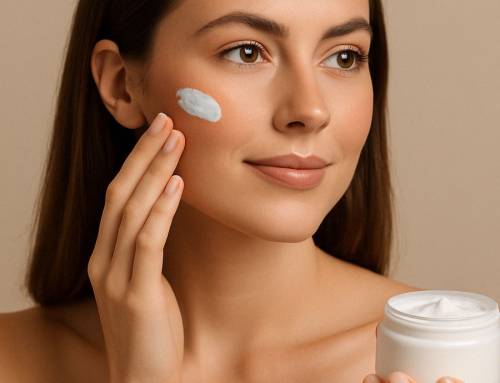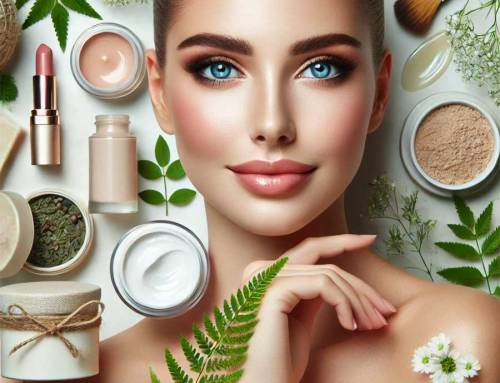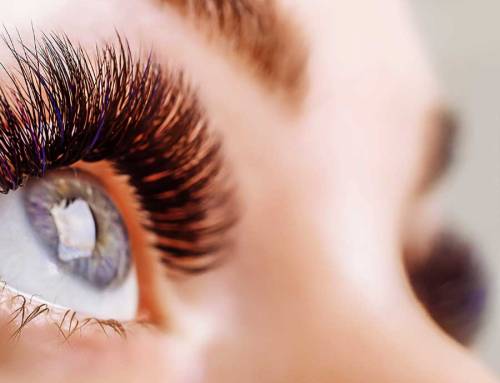Despite innovative developments in cosmetology and medicine, many women find the sources of beauty in the simplest products that are always at hand. Today, healthy and safe cosmetics made from natural ingredients continue to grow in popularity. Properly prepared homemade beauty products have many advantages over their store-bought and drugstore counterparts, providing effective and gentle care and allowing women to save money on expensive products or on trips to specialist salons.
Making your own face cream
Today, handmade face creams are a part of every woman’s wardrobe when it comes to taking good care of her looks. Learning to make your own creams will make them truly unique and perfectly suited to your skin type.
The technology of making homemade cosmetics involves the following sequence of steps: first, the solid ingredients are mixed and then the liquid and viscous ones are added. For making homemade cosmetics, it is best to use enamel, glass or ceramic pots. The oils in the homemade cream should be selected according to the skin type. For example, coconut oil is optimal for dry skin, jojoba oil for oily skin, grape seed oil – for skin prone to rashes, and so on.
Women who want to try their hand at the science of making natural face cosmetics themselves will certainly find the available and highly effective recipes for creams that are particularly popular among our contemporaries useful.
Natural beeswax cream

A universal conditioning cream suitable for virtually every skin type. Regular use makes the skin healthy and smooth, without the unpleasant greasy shine that builds up over time.
- Place 200 ml of almond oil, 100 ml of coconut oil and ½ cup of granulated beeswax in a glass jar.
- Place the jar with the mixture in a water bath.
- Once the ingredients are completely dissolved, remove the pot from the cooker and stir the mixture every 15 minutes.
- When it slightly cools down add ½ teaspoon vitamin E and 20 drops of essential oil.
Cocoa butter cream

This effective natural product will provide gentle care for dry and sensitive skin, as well as skin prone to irritation, comedones and pigmentation. The regenerating lauric, moisturising linoleic, defence-enhancing oleic and other acids contained in the cream’s ingredients will ensure a healthy complexion.
- Mix 1 tbsp. cocoa butter with 1 tsp. cosmetic paraffin, 1 tsp. lanolin and 2 tbsp. petroleum jelly.
- Melt the mixture in a water bath and add 3 tbsp. of slightly warmed rose water.
- Remove the container with the cream from the cooker, stir well again and pour the mass into a sterilised glass container.
Recipes for homemade face soap
Self-made, useful for the skin, fragrant and delicate soap has now become a very popular hobby for many women. Recipes for this type of cosmetic are found on the internet in huge quantity and variety of ingredients and also uncommon shapes, colours and textures.
If natural homemade soap also serves as a scrub, in its making we traditionally use light natural abrasives, such as finely crushed apricot seeds, ground coffee, sea salt, crushed oats or rice grits. For the main base it is best to use an ordinary baby soap.
Honey orange soap

It nourishes dry skin and at the same time effectively neutralises germs so it is ideal for daily care. If you want to get especially aesthetically and visually appealing bars, use clear base for this soap.
- Melt 200g of soap powder in a water bath.
- Pour 50 ml hot water into the soap mixture; mix well.
- Add 1 tbsp. olive oil and honey, 1 tsp. ground apricot kernel, 10 drops of orange oil and a pinch of turmeric.
- Once again, mix the mixture thoroughly and spoon it into olive oiled moulds, pressing down firmly.
- When the soap bars cool, take out of the molds, put on dry paper and incubate at room temperature for two days.
Honey soap with propolis for problem skin

When properly prepared, soap with propolis and honey has high anti-inflammatory and wound-healing properties.
Components:
- 100g soap base, 20ml water
- 1 tsp. olive oil
- 50g of natural beeswax
- 2 tsp. tincture of propolis
- 2 tsp. honey
- 1 tsp crushed oatmeal
Prepare the cosmetic in the same way as outlined in the previous version.
Making homemade body cosmetics
Homemade natural products can really take care of your body, too.
Here’s an effective recipe for a homemade cream:
- Mix 5 tbsp. olive oil with 1 tsp. dried marigold flowers and leave for a week in a dark place at room temperature.
- Melt 4 tsp. grated wax in a water bath and mix with the infused olive oil.
- Add 1 tsp. of corn oil and the same amount of glycerine.
A honey and salt scrub is very good for the beauty of your body. – Mix sea salt and honey melted in a steam bath and massage into a clean skin with gentle circular motions. If applied systematically (used weekly for one and a half to two months) the honey-salt scrub leaves the skin wonderfully soft and velvety. Note: This cosmetic product will be most effective if applied to the body after a sauna session.
How to keep cosmetics at home
Usually, home made beauty products have a short shelf life. But therein lies their charm – they should always be fresh in order to keep the benefits of their natural ingredients second to none. Liquid moisturising creams can usually be kept for two to three days at room temperature or one to two weeks in the fridge. Herbal concoctions in creams make the home remedy a very short-lived product. Such creams should only be kept in the refrigerator and should not be used for more than two or three days.
To preserve your face or body cream as long as possible, try to follow a number of rules in a disciplined manner:
- The finished product, irrespective of its intended period of use, should be stored in sterilised bottles/jars;
- make-up containing a lot of water should always be kept in the refrigerator;
- natural homemade cream should not come into contact with open air for a long time, so it is best to immediately pour the ready-to-use product into dispensers;
- freezing does not generally harm homemade cosmetics, so immediately after cooking the cream should be divided into portions to be used over a week’s time and then taken out of the freezer whenever necessary;
- a little vitamin E, a natural antioxidant, in your homemade cosmetics will help prolong the life of quickly oxidising blends.
Try the magic power of healthy homemade cosmetics, and your personal beauty arsenal will be enriched with new, truly unique and well-deserved favourite products!


